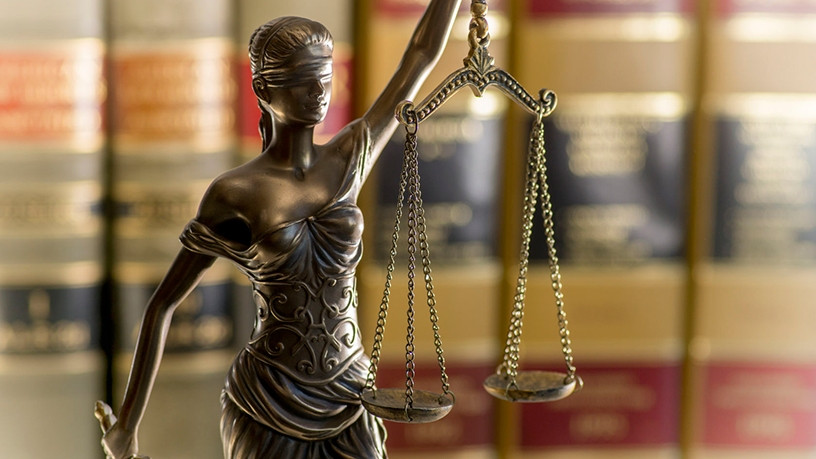Filing for Chapter 7 bankruptcy gets rid of some of your debt. The type of debt you have falls under different categories, and only certain types are eligible for discharge. Read on to learn what debt you can eliminate in bankruptcy.

Courts Can Discharge Unsecured Debts
Debt that is owed for items that the bank cannot retrieve is called unsecured. Some of the most common unsecured debts included in a bankruptcy filing are medical bills, credit cards, utilities and personal loans. Since there isn’t a tangible item to retrieve, these debts are usually forgiven. A bankruptcy Maryland lawyer can help determine if your debt is unsecured when it’s time to file.
Courts Might Discharge Secured Debts
Secured debt is usually for purchases such as a home, car or recreational vehicle. These are items that the bank holds titles to until you pay off the loan. This debt is secured because the bank can repossess the items if you don’t pay for them. In this situation, bankruptcy doesn’t change the fact that the bank still owns the property. Occasionally if the loan is almost paid off or the property’s value is so low that it costs more to retrieve it, then the bank allows you to keep the property, and the debt is forgiven.
Debts That Cannot Be Discharged
Unfortunately, you can’t write off all of your debts in bankruptcy. Some items require establishing payment plans and returning the money regardless of your income and financial situation. A few of the …


